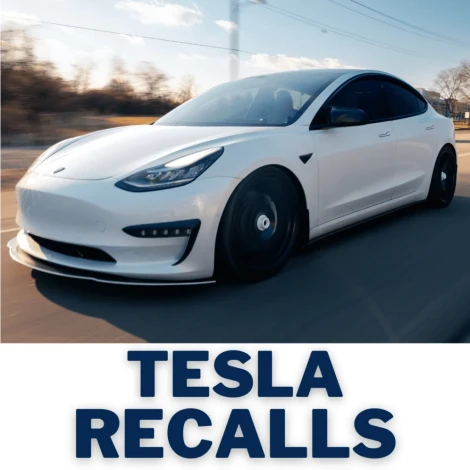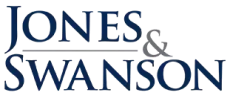
With vehicle technology advancing and changing at a rapid rate, there are bound to be hidden issues that must be addressed sooner or later. Tesla Inc. is experiencing this firsthand. In February, the NHTSA forced Tesla to recall 362,758 vehicles equipped with Full Self-Driving Beta (FSD Beta), and now they’re recalling thousands of additional vehicles that may be affected by loose bolts in second-row seats.
If you’re a Tesla owner or know someone who is, here’s what you should know about these recalls.
Fsd Beta Software Recall
The National Highway Traffic Safety Administration (NHTSA) claims that Tesla’s “Full Self Driving” software may allow vehicles to exceed speed limits and travel through intersections in unlawful/unpredictable ways, which increases the risk of auto accidents.
Since 2016, the NHTSA has investigated 35 auto accidents in which Tesla’s “Full Self-Driving” or “Autopilot” systems were likely in use. Altogether, these accidents killed 19 people.
The Tesla models included in this recall are the 2016-2023 Model X and Model S, the 2017-2023 Model 3, and the 2020-2023 Model Y with FSD Beta.
Loose Bolts Recall
Tesla is now recalling thousands of their newer-model vehicles due to loose bolts in the rear seats. This comes less than a month after the FSD Recall.
The NHTSA claims that the bolts securing the frames on some vehicles are not fully tightened, which can reduce the performance of the seatbelt system and increase the risk of injury in a crash.
As we all know, seat belts are of utmost importance when it comes to automobile safety – so any potential defect in seatbelt devices is worrisome.
Included in this recall are the 2022-2023 Model Y Teslas.
Note: the 2022-2023 Model Y Teslas are involved in the FSD Beta Software Recall and the Loose Bolts Recall.
What To Do As A Tesla Owner
If you own any Tesla vehicle, the first step is to research to determine whether your specific automobile is included in one or multiple automobile recall.
If you own any of the vehicles listed in either recall, cease use immediately and contact Tesla Customer Service. They will be able to further instruct you on the next steps you can take to get your vehicle repaired. You can also visit a Tesla Service Center and have your vehicle inspected.
Owners affected by the FSD recall should receive notification from Tesla, expected to be mailed by April 15, 2023. Owners impacted by the Loose Bolt recall can expect their notices to be postmarked around April 25, 2023.
Tesla states that the vehicles affected by the FSD recall will require an over-the-air software upgrade. The vehicles involved in the Loose Bolt recall should be taken to a Tesla service center to be tightened. The software upgrade and bolt tightening are both free of charge.
as Always, If You Have Any Questions Regarding Product Recalls or Accident Liability As A Result Of A defective Automobile, call Jones & Swanson For A Free Consultation. We Have Decades Of Combined Experience Representing Individuals In Automobile Recall Cases And Are More Than Happy To Answer Any Questions You May Have.
Categories: Auto Accidents, Automobile Defects, Automobile Recall, Car Accident, Defective Products, Personal Injury, Product Liability, Product Recall, Recalls, Rollover Accidents, Safety Products, Safety Tips, Wrongful Death




